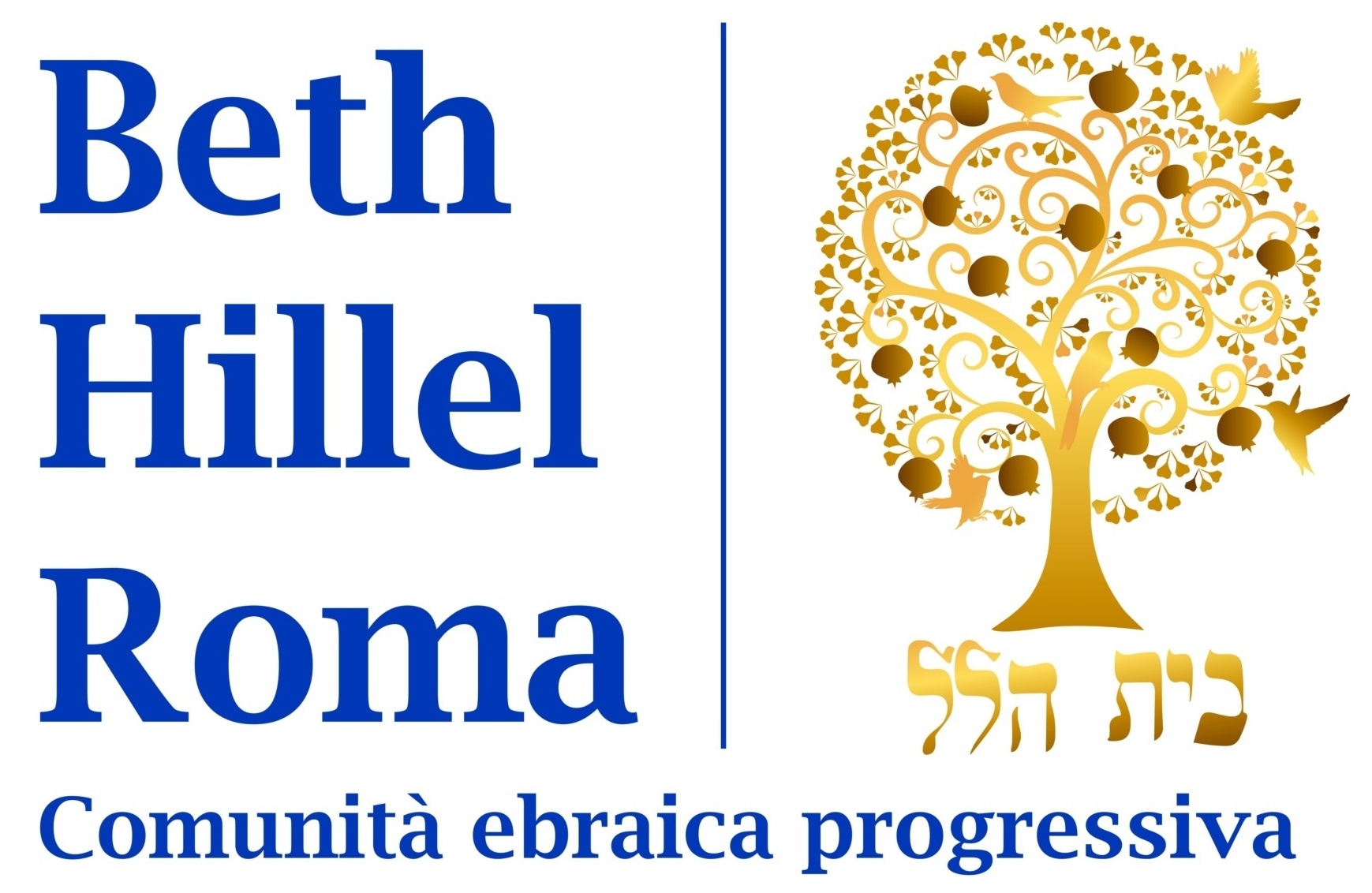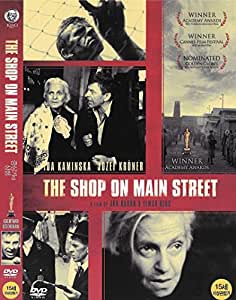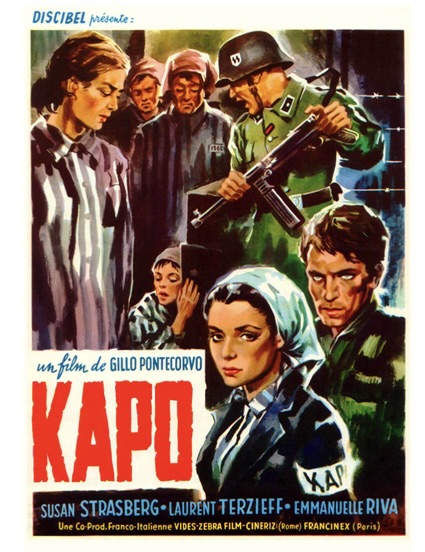Barriera invisible
Di Daniel Moscetta
Questo mese andiamo a riscoprire “Barriera Invisibile” (Gentleman’s Agreement), un grande classico del cinema americano degli anni ’40, vincitore di vari premi, tra cui l’Oscar quale Miglior Film e Miglior Regia nel 1947. Noto in Italia con il titolo “Barriera Invisibile”, Gentleman’s Agreement è tratto dall’omonimo romanzo di successo della scrittrice statunitense Laura Z. Hobson, pubblicato nel 1947. All’epoca negli Stati Uniti l’antisemitismo era talmente diffuso da passare quasi inosservato. La stessa Hobson, figlia di immigrati russi ebrei, per trovare lavoro fu costretta a cambiare nome. Reporter per il New York Post, Hobson fu la prima donna a lavorare per il Time ricoprendo un incarico diverso da quello di segretaria.
L’episodio che la spinse a scrivere il romanzo fu l’insulto che il membro del congresso americano John Rankin rivolse nel 1944 al giornalista Walter Winchell, definendolo “sporco ebreo”, ricevendo per di più l’applauso dei colleghi. Il successo del libro, rimasto per cinque mesi in testa alla classifica dei best seller del New York Times, convinse la casa di produzione Twentieth Century-Fox a farne una trasposizione cinematografica, per la regia di Elia Kazan.
Philip Schuyler Green (Gregory Peck) è un affermato giornalista americano che trasloca dalla California a New York. Un giorno riceve dal suo nuovo direttore l’incarico di scrivere un articolo sull’antisemitismo. Dopo aver riflettuto, Phil decide di fingersi ebreo per vivere in prima persona gli effetti dei pregiudizi razziali, dell’antisemitismo e delle ipocrisie della borghesia newyorchese. Le scoperte saranno sconvolgenti. Subirà tali meschinità e rifiuti da parte del mondo borghese da rivelargli tutta la crudeltà dell’antisemitismo.
La Seconda guerra mondiale era terminata e l’incubo nazista finito anche grazie all’apporto fondamentale degli Stati Uniti. Ma evidentemente, vincere in guerra era più semplice rispetto allo sradicamento del pregiudizio antiebraico e della paura del diverso. Insomma, Phil scopre che nella società americana sopravvive un falso perbenismo ammantato d’ipocrisia.
Questo film è un classico del cinema di denuncia e rivela apertamente come nell’America wasp dell’epoca serpeggiassero silenziosamente il rifiuto e l’ostracismo nei confronti degli ebrei e un razzismo sottile e ottuso.
Cineasta legato ai temi sociali, Elia Kazan costruisce un melodramma di spessore e di forte denuncia fondato sull’intensa recitazione dei suoi protagonisti. Nonostante all’epoca trattare certi argomenti richiedesse un atto di coraggio, l’Academy Award riconobbe al film un grande valore morale, onorandolo di tre premi Oscar: miglior film, regia e attrice non protagonista (la strepitosa Celeste Holm).
Scheda del film
Paese di origine: USA
Anno: 1947
Regia: Elia Kazan
Cast: Gregory Peck, Dorothy, McGuire, Celeste Holm, John Garfield, Anne Revere
Note: Tratto dal romanzo “Gentleman’s Agreement” di Laura Z. Hobson (1947)
Come vederlo: Il DVD di questo film è in vendita su Amazon
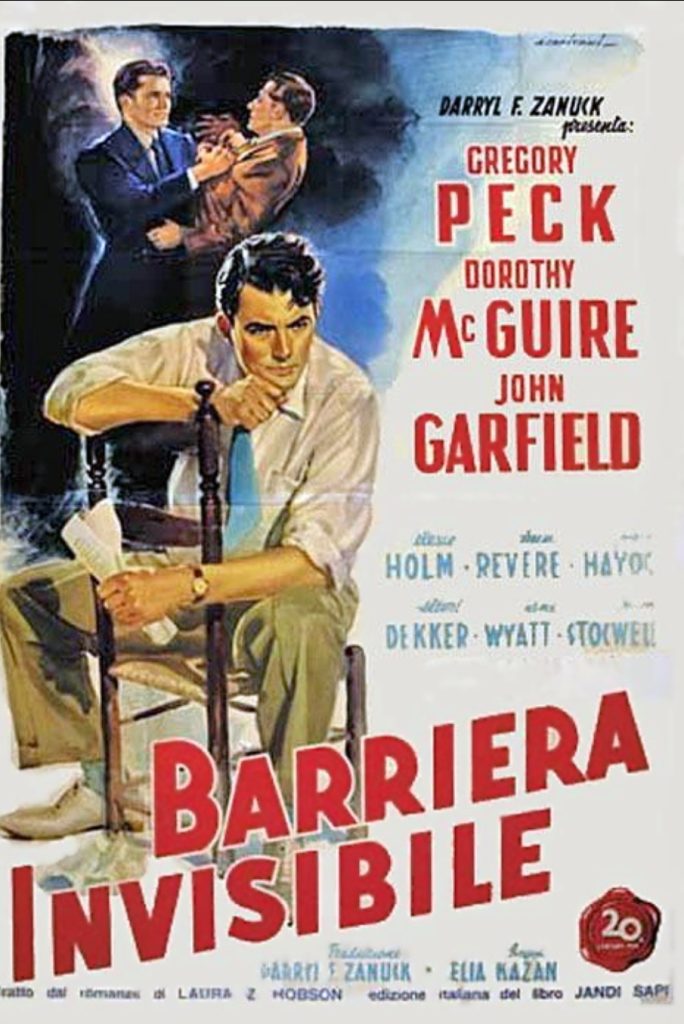
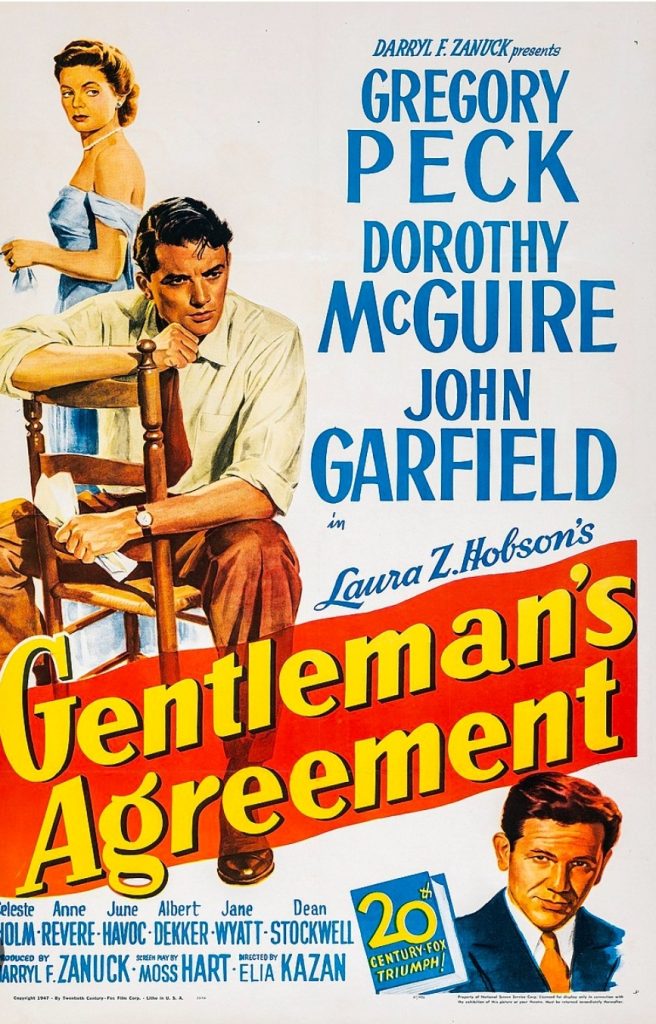
Gentleman's Agreement
By Daniel Moscetta
This month we are going to rediscover “Gentleman’s Agreement”, a great American classic movie of the 40s, winner of various awards, including the Oscar for Best Film and Best Director in 1947. Gentleman’s Agreement is a 1947 film based on Laura Z. Hobson’s best-selling 1947 novel of the same title. It concerns a journalist (played by Gregory Peck) who decides to make people believe he is Jewish in order to investigate and understand the widespread of anti-Semitism in New York City and Connecticut. It was nominated for eight Academy Awards and won three: Best Picture, Best Supporting Actress (the fantastic Celeste Holm), and Best Director (Elia Kazan).
The movie was controversial in its day, as was a similar film on the same subject, Crossfire, which was released the same year (though that film was originally a story about anti-homosexuality, later changed to anti-Semitism). The cruelties of anti-Semitism are sharply and effectively revealed with a dramatic forcefulness. Casting is perfect, from the mightiest roles to the smallest. No detail is omitted, and the plot is so arresting it holds the audience spellbound. Before filming began, Samuel Goldwyn and other Jewish film executives approached producer Darryl Zanuck and ask him to not to make the film, fearing it would “stir up trouble”. The Academy Awards’ members honoured this classic movie with the Best Picture Oscar, a sign of great respect for the film and its subject. In 2017, the film was selected for preservation in the United States National Film Registry by the Library of Congress as being “culturally, historically, or aesthetically significant”.
Technical sheet of the film
Country of origin: USA
Year: 1947
Director: Elia Kazan
Cast: Gregory Peck, Dorothy McGuire, Celeste Holm, John Garfield, Anne Revere
Notes: Based on the book “Gentleman’s Agreement” by Laura Z. Hobson (1947)
How to watch it: the DVD of the movie is on sale on Amazon
